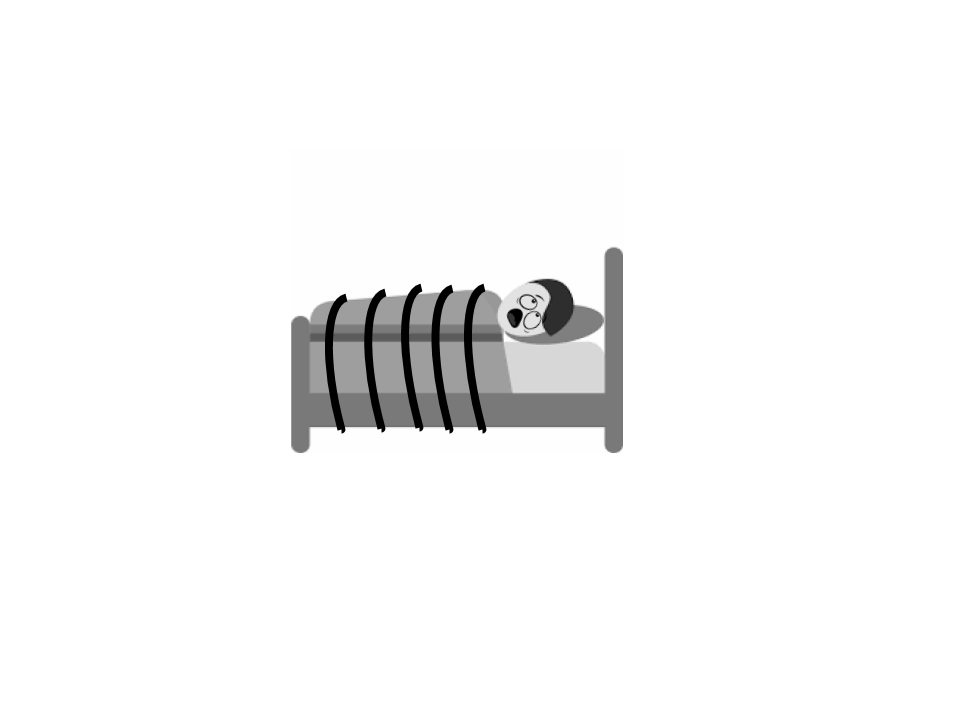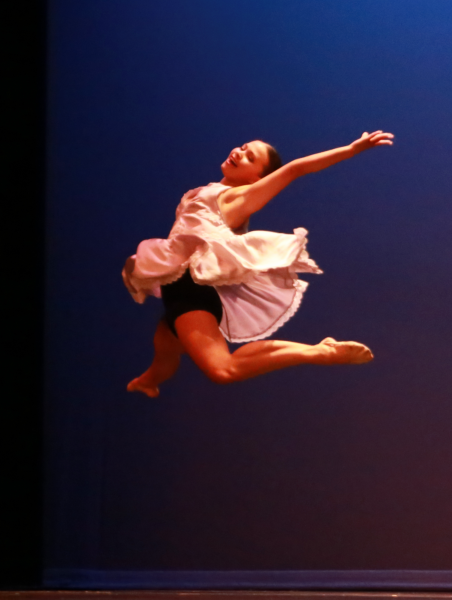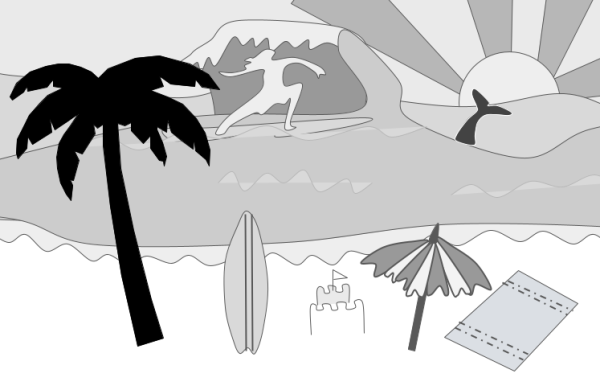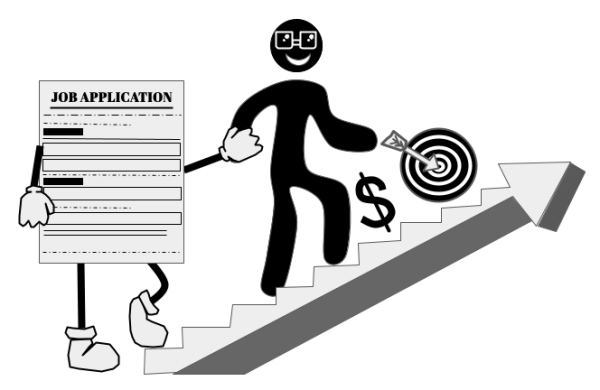SLEEP PARALYSIS IS SERIOUS
Imagine waking up at 3 in the morning, seeing a dark figure advancing towards you, and not being able to move. This nightmare sounds like a horror movie, but it is truly the life of those who suffer from sleep paralysis.
Sleep paralysis is a condition where a person cannot move when they wake up or are about to fall asleep.
“Sleep paralysis feels like you’re awake while being asleep. Your body is completely asleep, but for some reason you can still see. Although, you cannot move. It feels as if you’re being forced or held down onto whatever you happen to be sleeping on. Each episode lasts up to about 10-15 seconds but it’s possible for them to last longer,” senior Natalie Cuevas said.
The condition is often associated with visual experiences that are typically described as haunting.
“It’s like a really bad dream that you’re stuck in. It’s especially worse when it’s scary because you just want to wake up but can’t. I had it around 6th grade and since then I’ve been able to vividly remember the dream no matter how much I try to forget,” junior Maddie Goodman said.
While sleep paralysis has a range of common symptoms, the severity of the condition and the experience vary from person to person.
“Sleep paralysis for me, is my body just being stiff and I can’t move anything at all, but I am still able to move my eyes,” a Poway High junior who wishes to remain anonymous said.
Depending on the severity of the sleep paralysis, the condition is known to affect the daily life of those affected.
“A few months ago, my sleep paralysis was acting out every night for at least two weeks straight. It definitely takes a huge physical and mental toll on your body. You basically don’t get that much sleep. Having sleep paralysis makes it a little scary to even try to sleep, so sometimes you don’t sleep plainly because you’re afraid to experience another episode,” Cuevas said.
Despite the effects of sleep paralysis, there are ways to cope with the condition. “The best way to manage it would be to limit caffeine consumption, especially after 2 p.m. Other prescription drugs may also cause occasional sleep paralysis, but more studies are needed to confirm. People with anxiety also tend to be more susceptible to sleep paralysis,” Poway High Health Technician Brett Williams.
One of the best ways to support those who suffer from the condition is to become educated on the matter. “I feel like not very many people really know what sleep paralysis is and if they do, don’t treat it very seriously,” Cuevas said.








